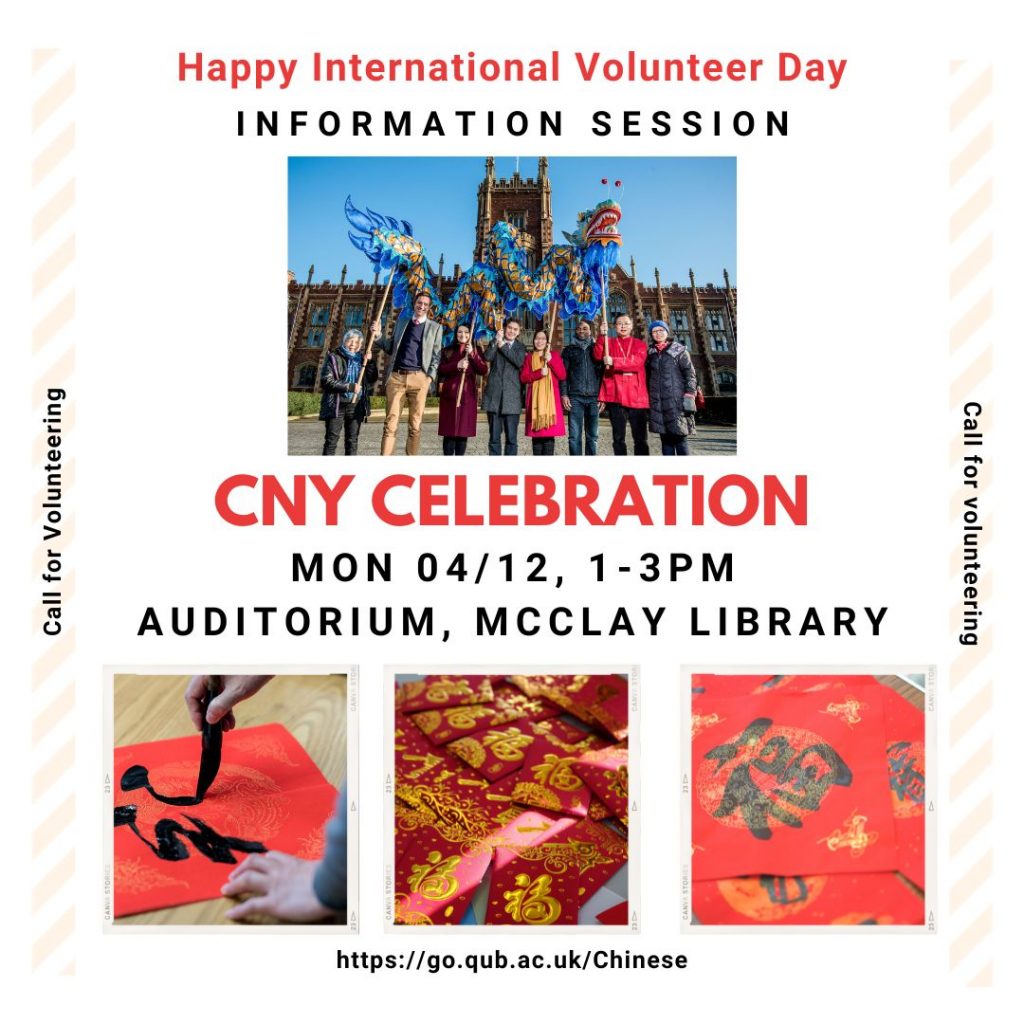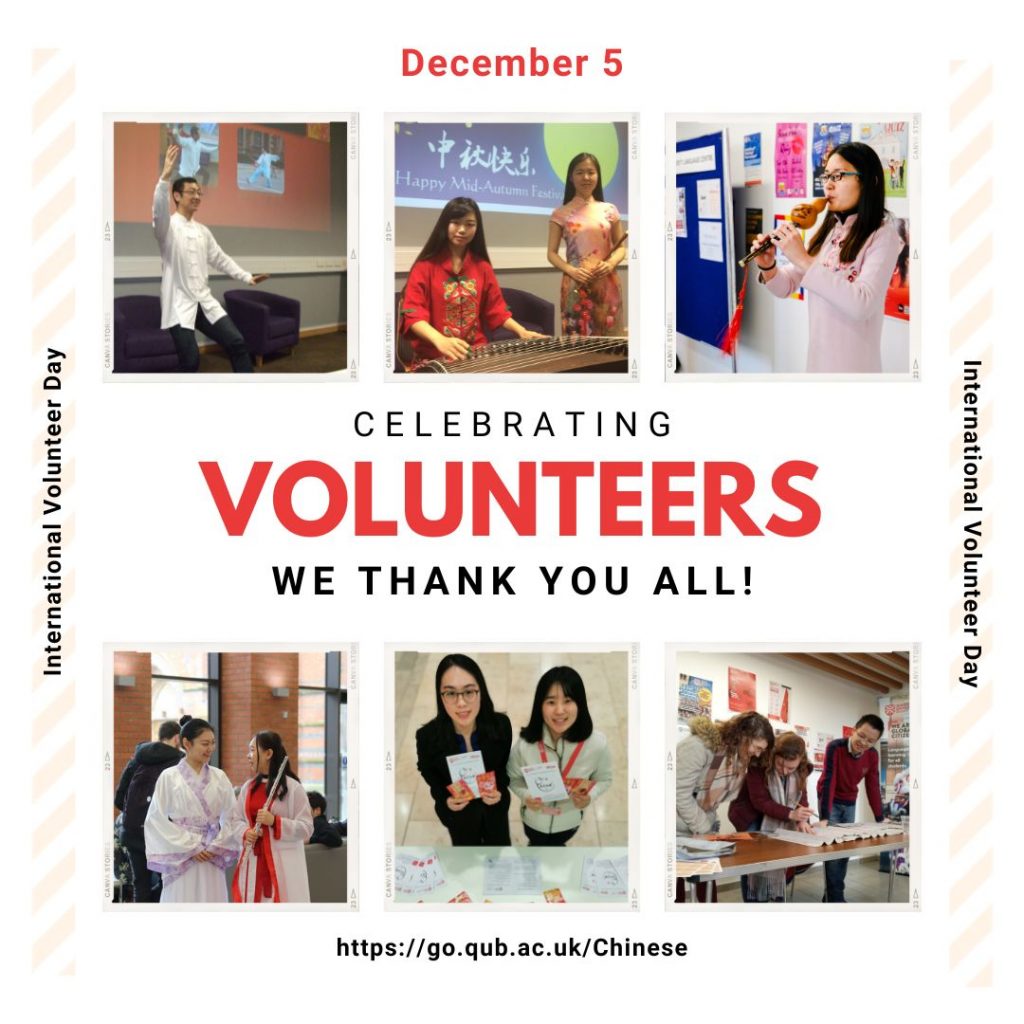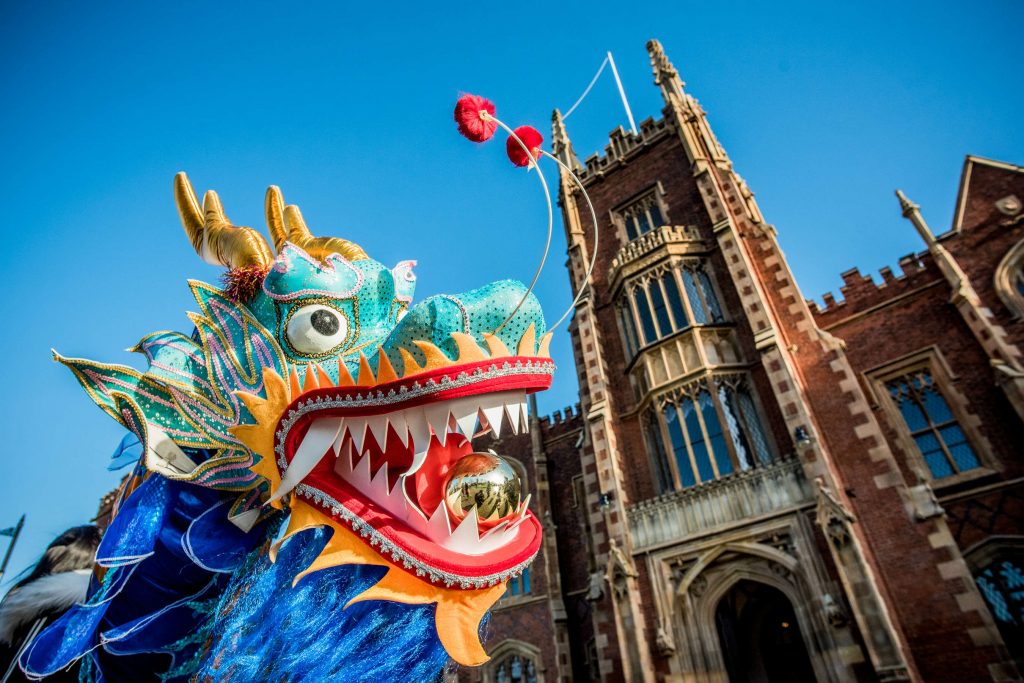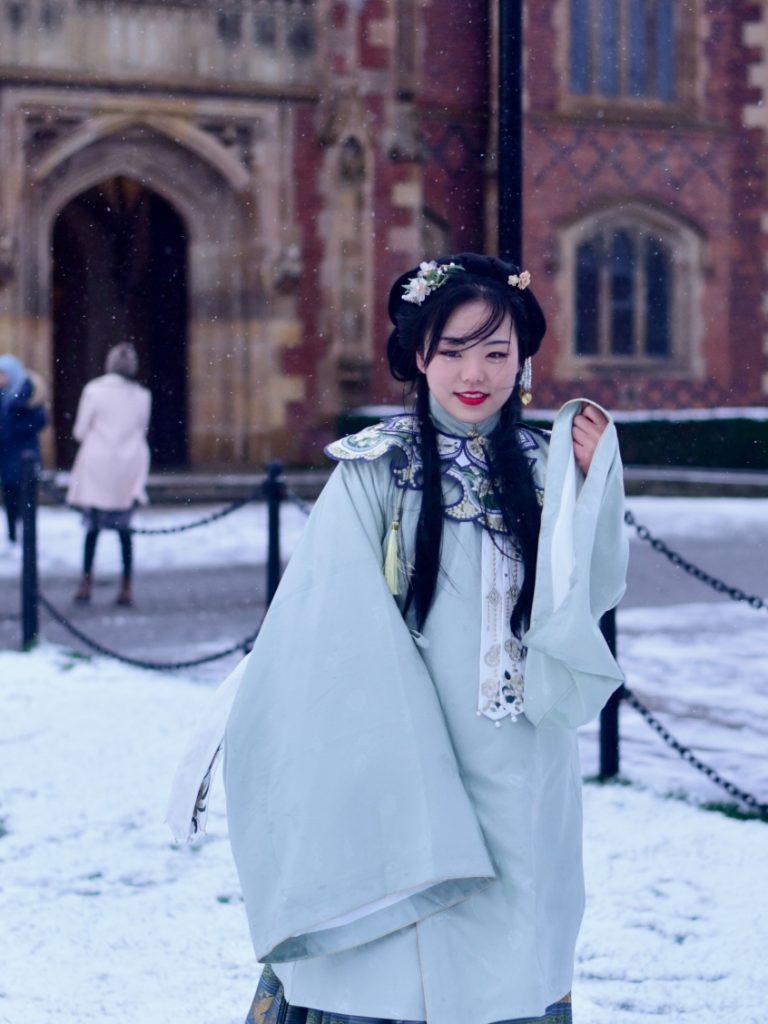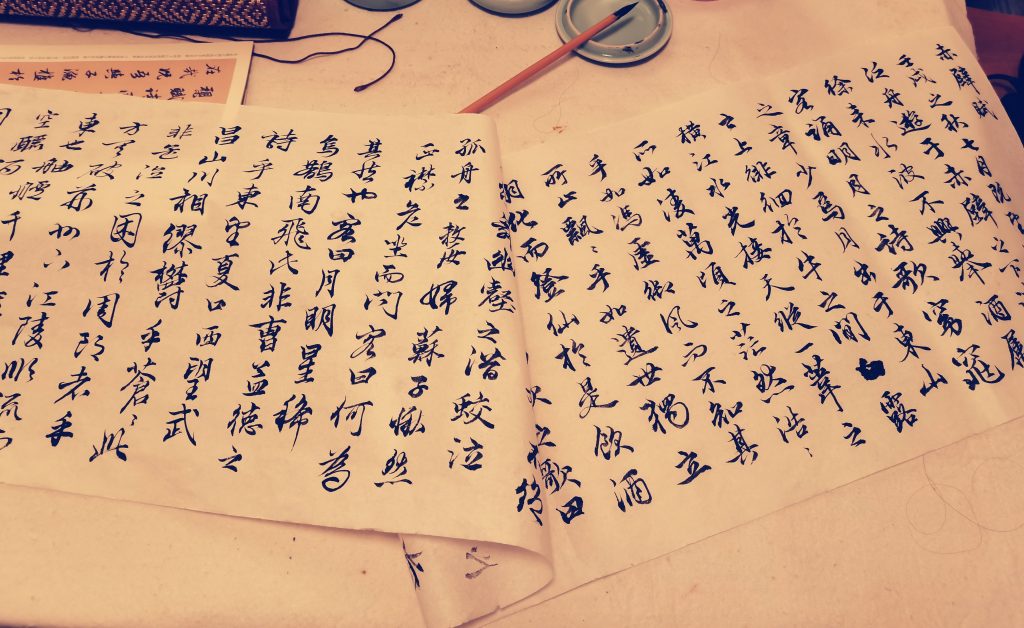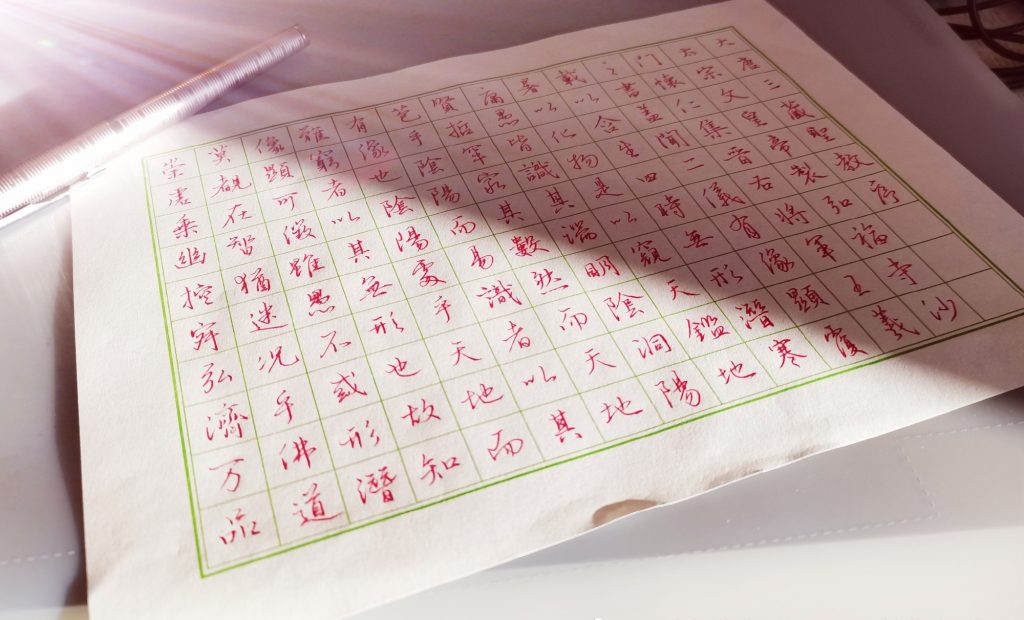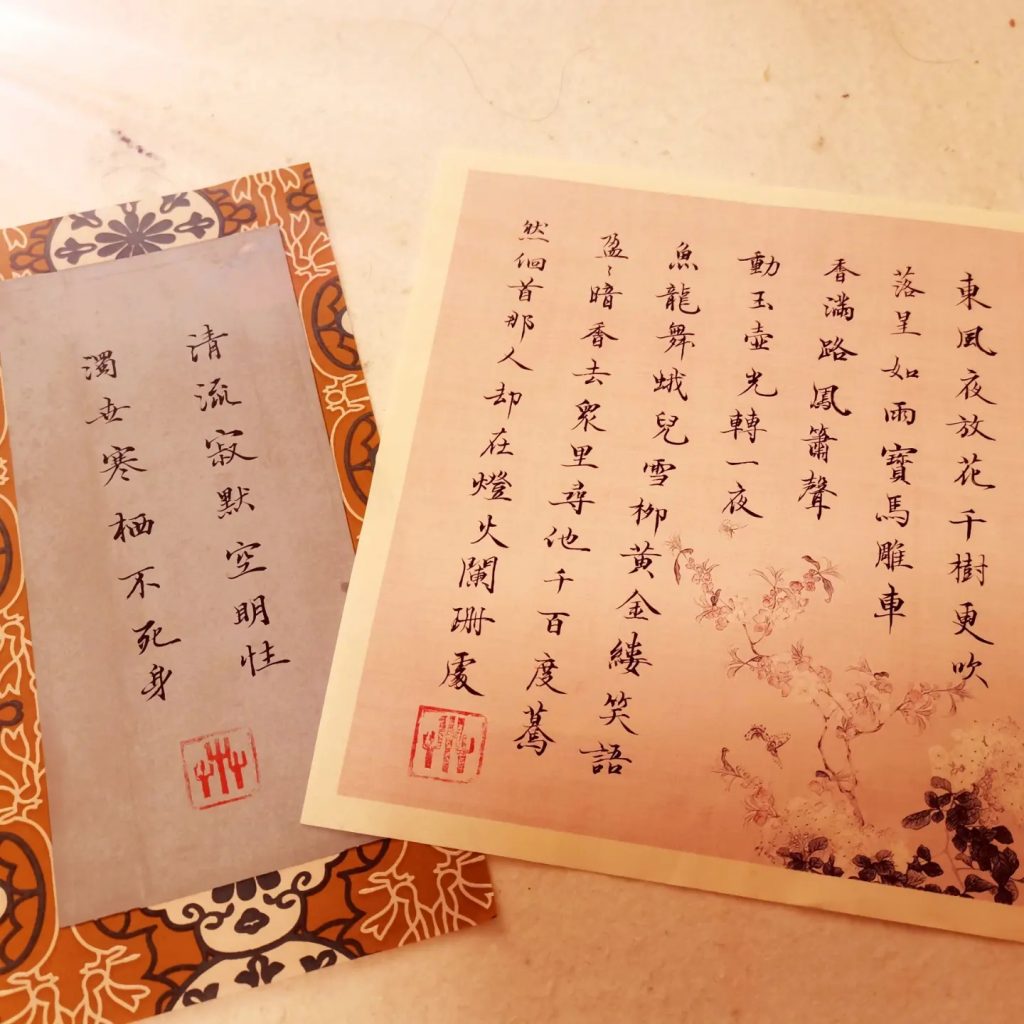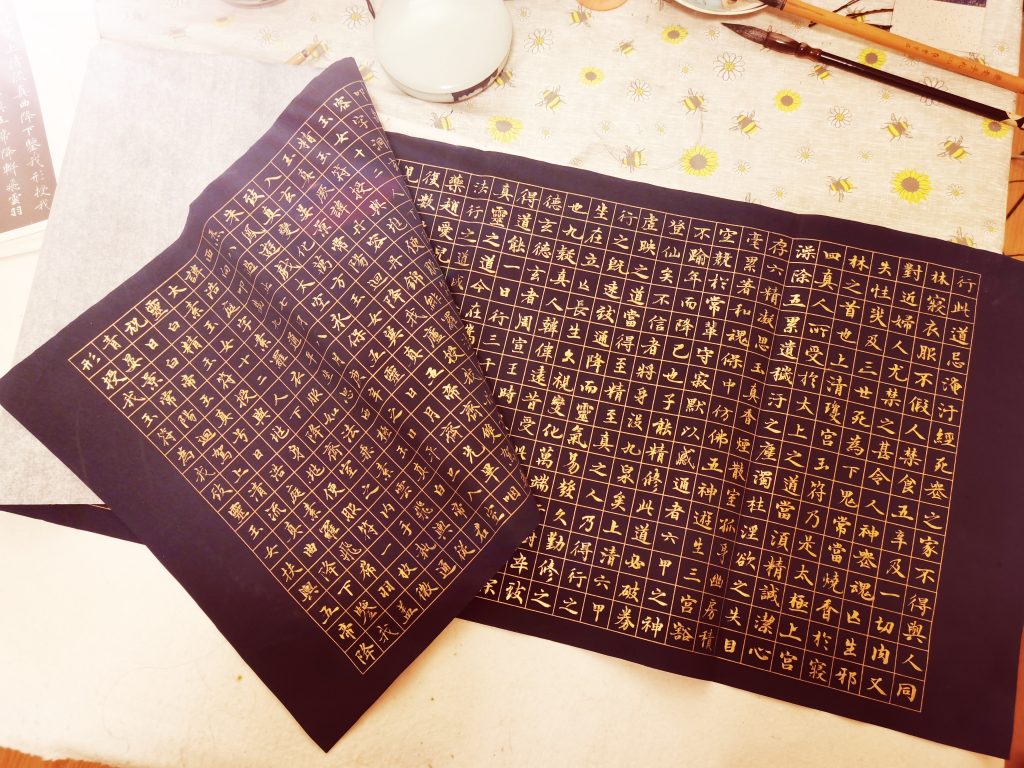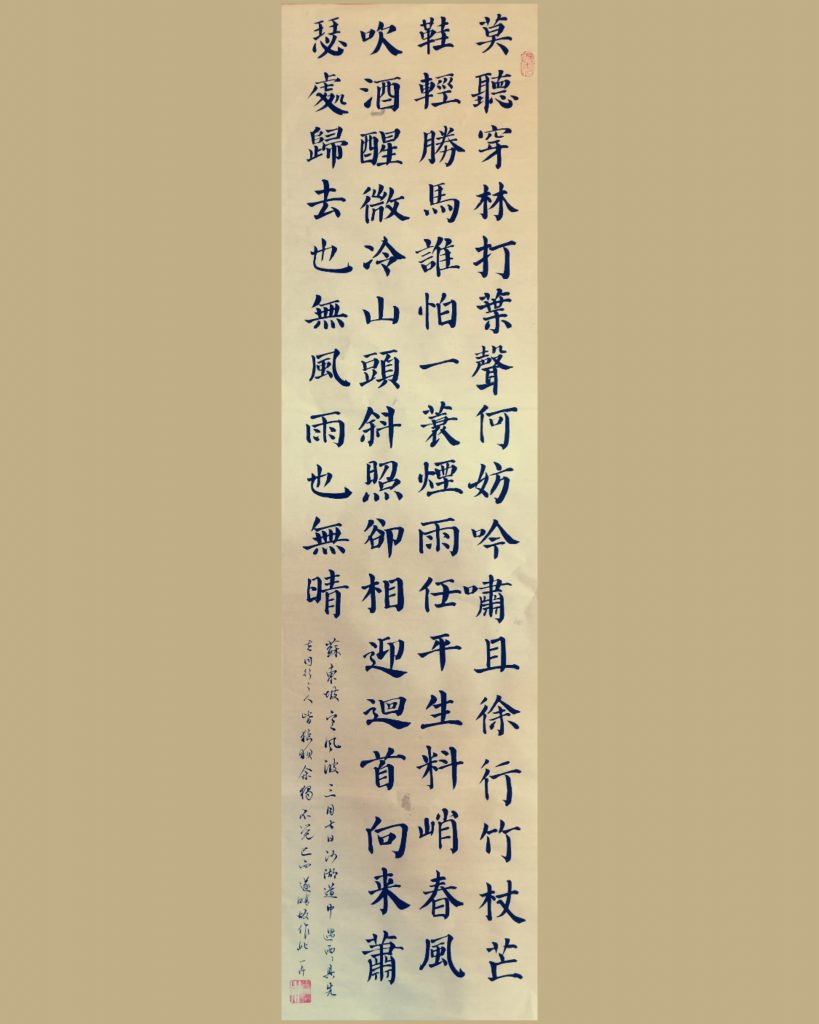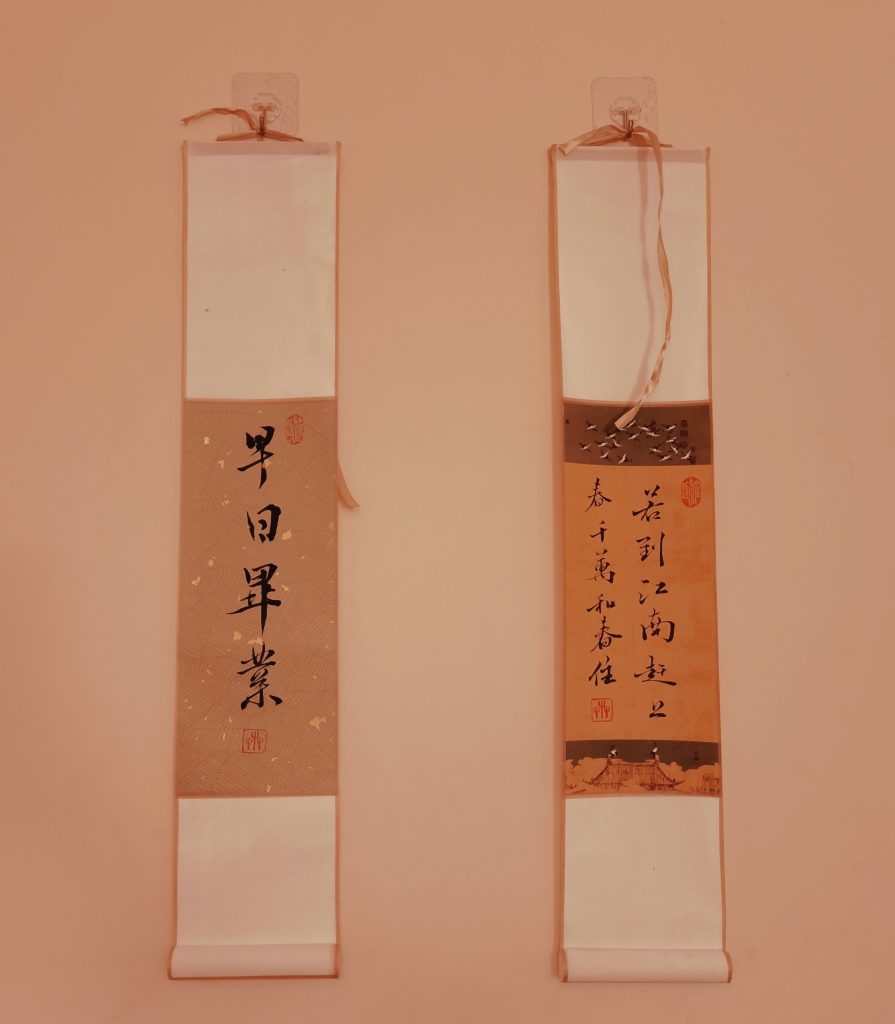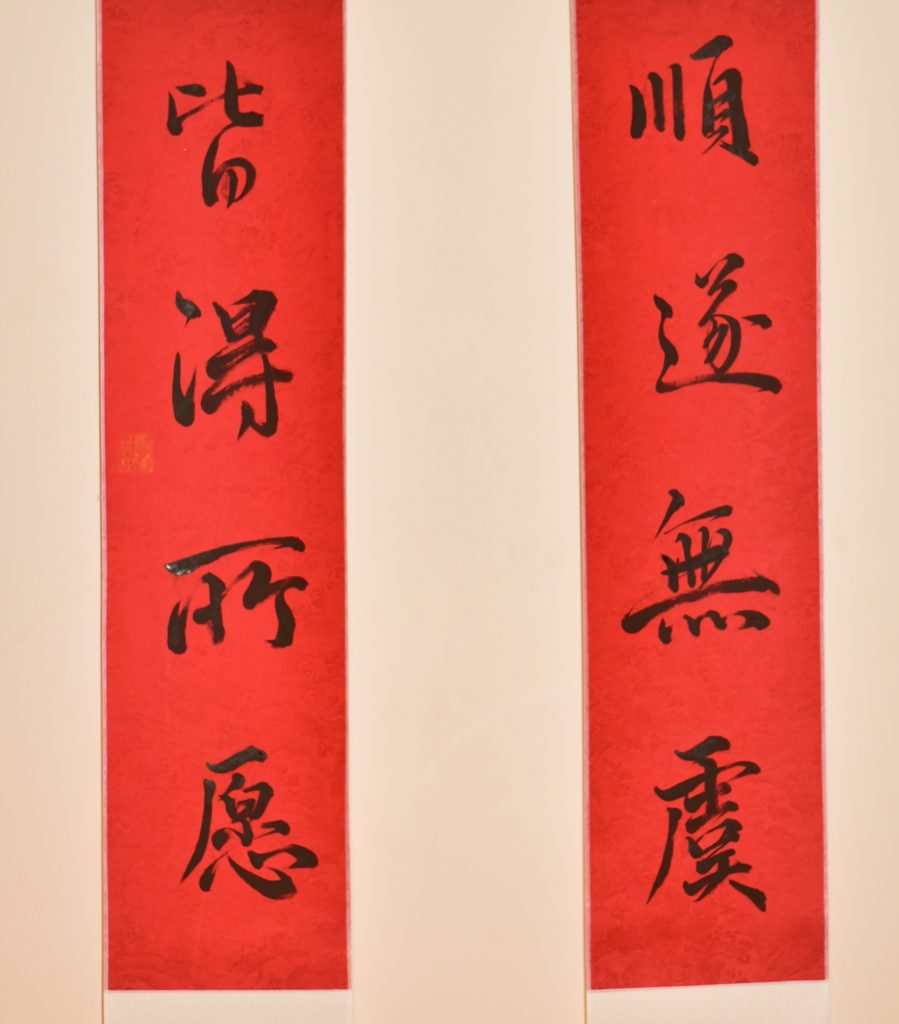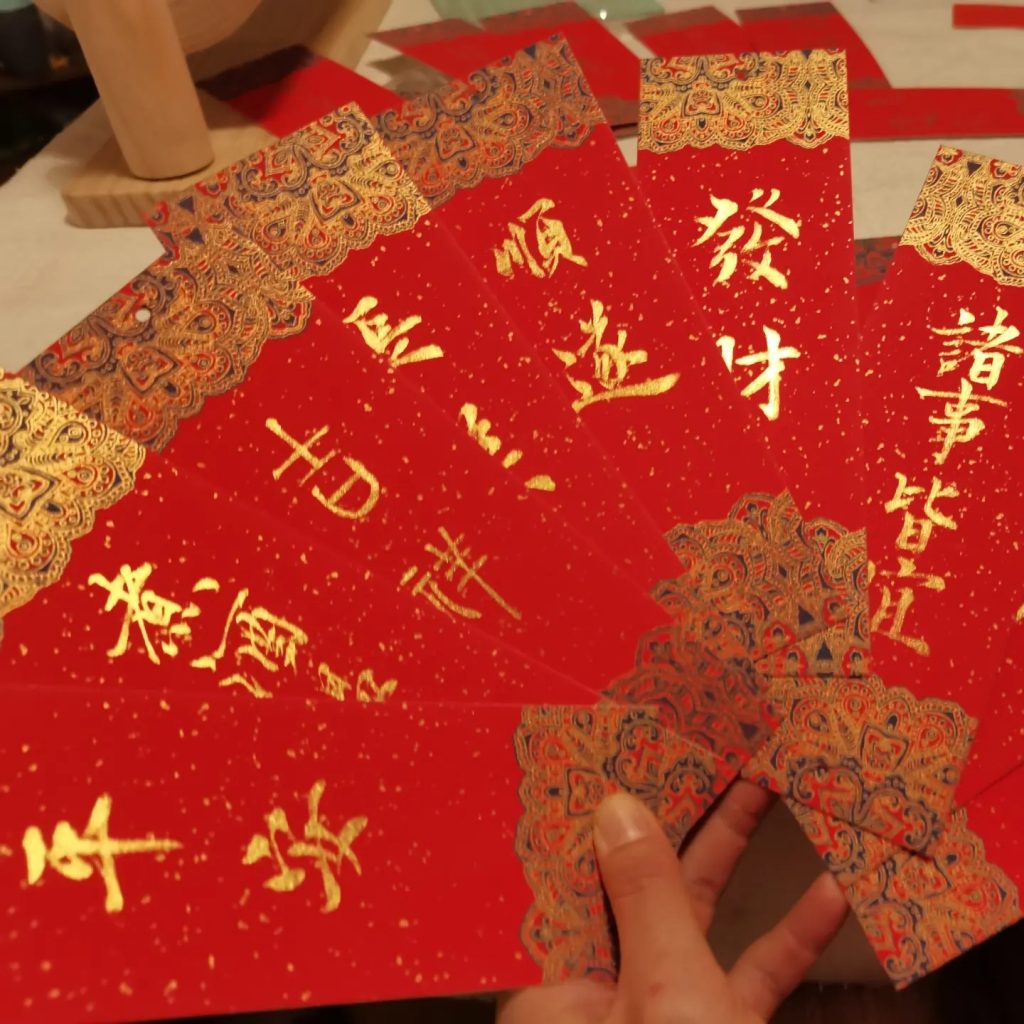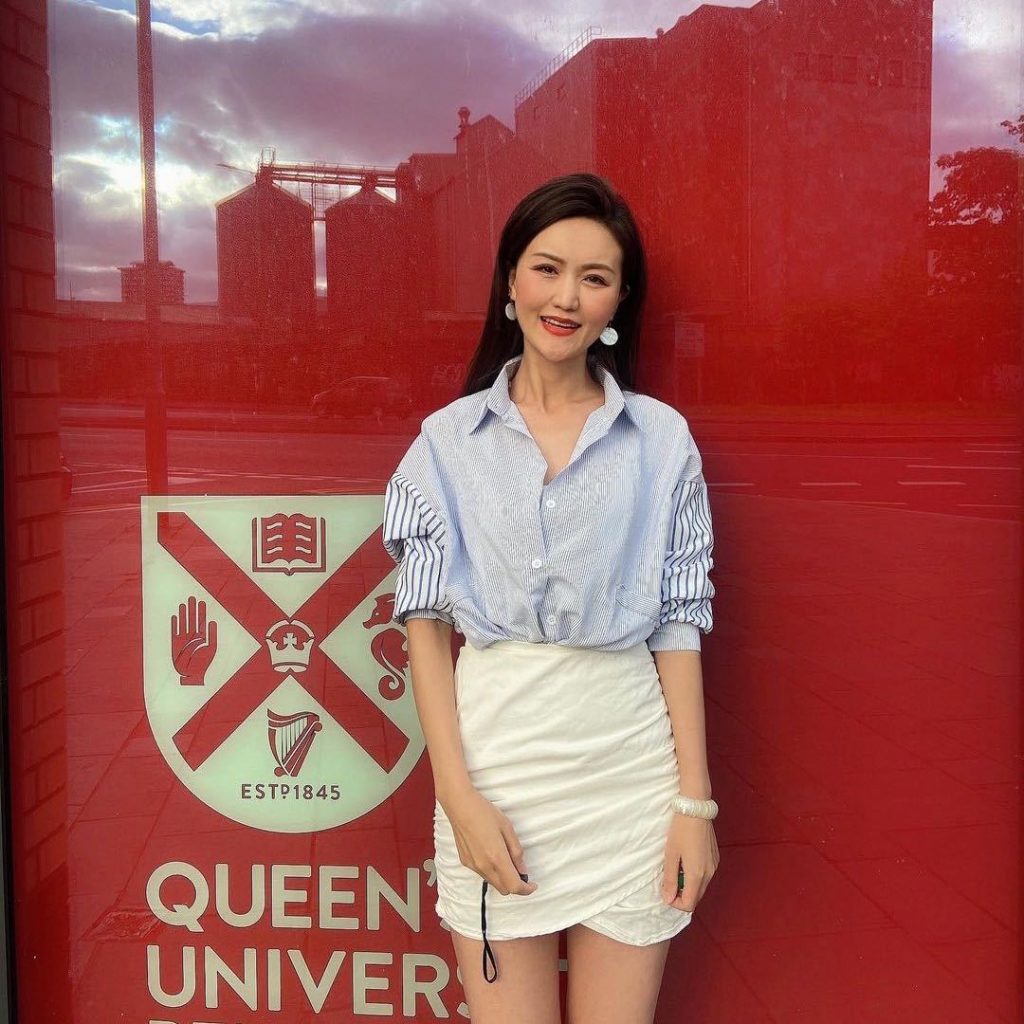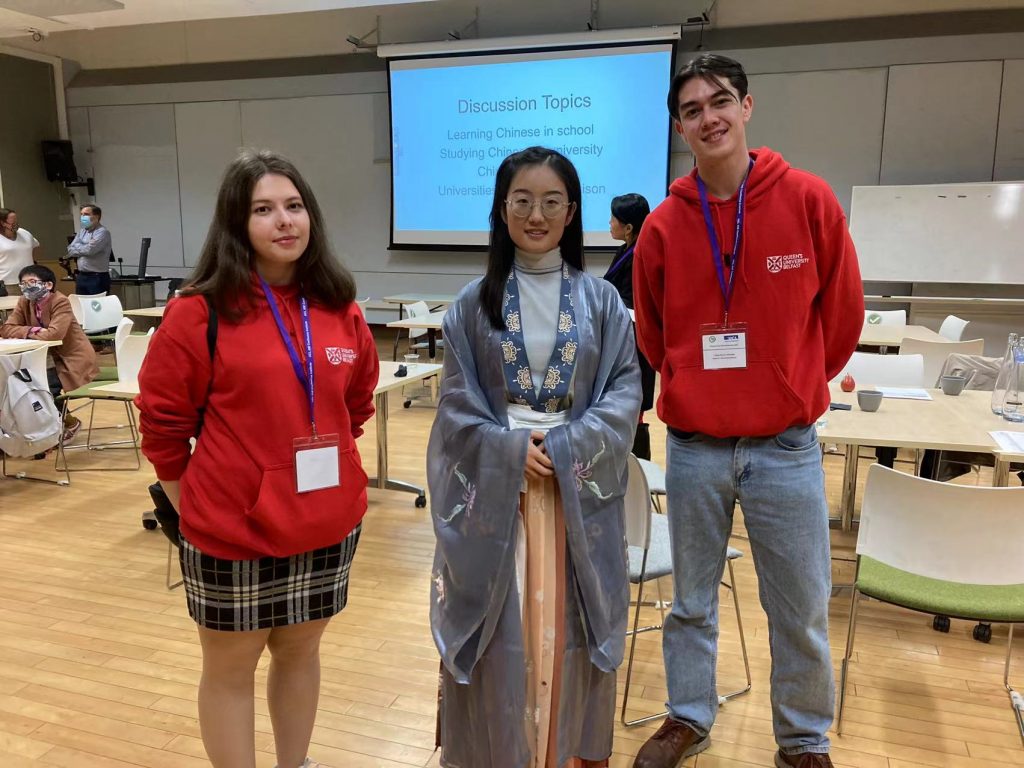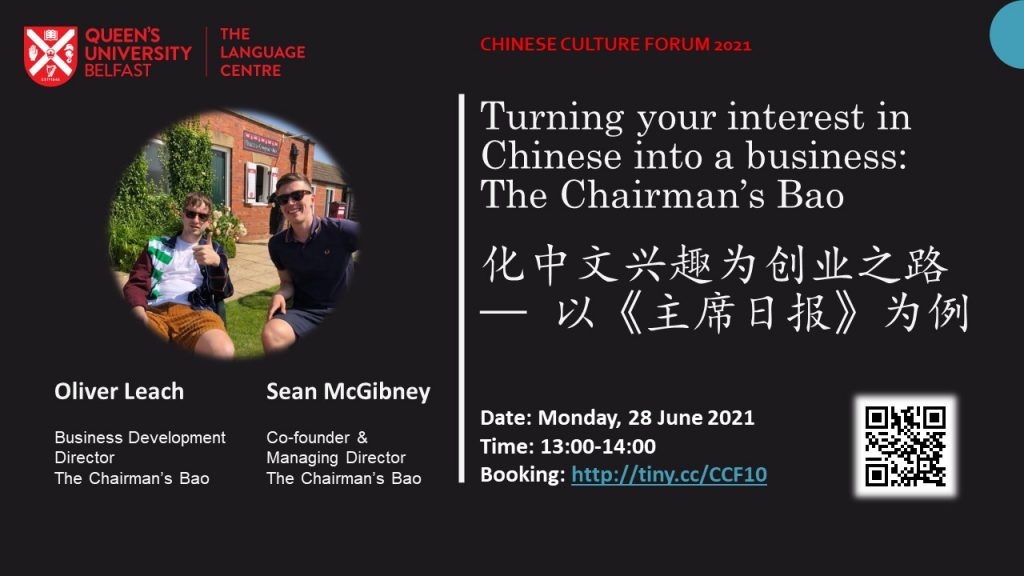Calling all QUB learners of Chinese for an online Chinese Summer Camp
Following the successful Beijing Institute of Technology's (BIT) winter Chinese online programme, QUB student and staff learners are invited again to attend their summer programme. The following message is sent from BIT - any recruitment enquiries please contact BIT team. QUB Language Centre is only responsible for collecting and submitting the nomination form.
Warm greetings from Beijing Institute of Technology!
We are glad to announce the call for 2024 BIT Summer Program !
There are both ON-CAMPUS (4-week) and ONLINE (2-week) programs available in the summer of 2024.
We are excited to share that 10 FREE seats for on-campus programs are saved for your EPS students!
Tuition, on-campus accommodation, teaching materials, insurance, culture tours are covered by BIT for students from our partners! Students only need to bear the expenses for international travel and meals during they study in China.
Online program is also totally FREE and NO NUMBER LIMIT.
Four topics are available this summer:
- Future Decarbonizing Technology and Green Energy(On-campus)
- Hands-on Learning for Emerging Technologies in Electronics Engineering (On-campus)
- Emerging Technologies in Materials for Renewable Energy (On-campus)
- Chinese Language and Multicultural Practice(On-campus & Online)
Duration:
On-campus program: July 1–July 27, 2024
Online program: August 5 – August 16, 2024
Nomination from partner university is necessary and sent before April 1st, 2024.
Student Application Deadlines:
- 30 April, 2024 (First round)
- 15 May, 2024 (Second round)
Application Platform: apply.isc.bit.edu.cn
More details could be found in the attached brochure and website at https://isc.bit.edu.cn/admissionsaid/spss/languageulture/index.htm for on-campus programs and https://isc.bit.edu.cn/admissionsaid/spss/languageulture_20201010031104805795/index.htm for online-program.
Looking forward to your nomination and students!

